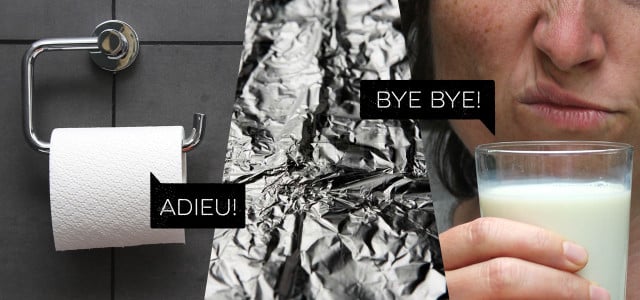Sometimes we don’t know any better and other times we’re just too lazy: Every day we consume things that harm our health and are detrimental to the planet. These eight things should never enter your home again:
Microplastic Beads
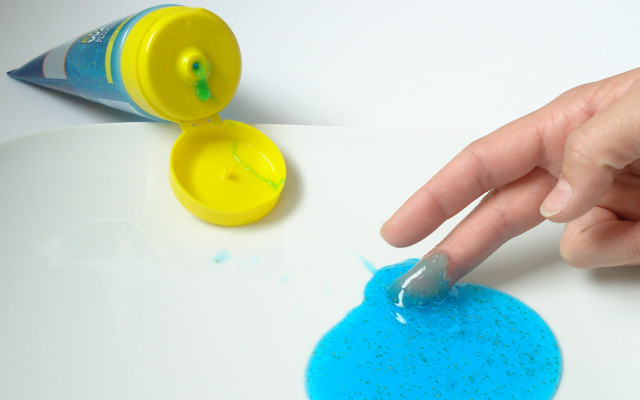
Many common brands of shower gel or body scrub use tiny plastic beads for exfoliation. Local water treatment facilities cannot properly filter out these microplastics leaving them to be flushed directly into our water supply. There they attract further contaminants and collect on the beds of lakes, rivers, and finally there’s heaps of microscopic plastic in the ocean. Fish and waterfowl then ingest these particles with their food. And all that despite the fact that plenty of natural alternatives make these pesky plastics entirely unnecessary!
Want to keep the ball rolling? Check out how to remove even more plastic from your life with these insightful guides:
- Life without Plastic: Easy Tips for Everyone.
- Plastic-Free Shopping: 3 Easy Tips for Waste Reduction
- Go Plastic-Free: How to use Less in 7 Easy Steps
From plastic bags to plastic toys – we can all be a bit more sensible and sustainable when it comes to the amount of plastic we use.
Virgin Toilet Paper
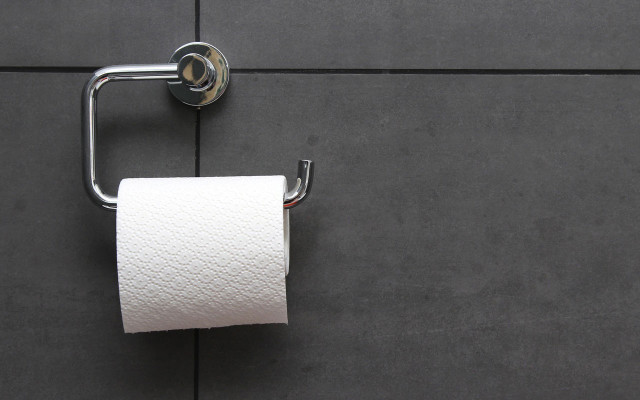


Yes, some people are so hardcore they survive without toilet paper, but that’s not what we’re suggesting here. When buying toilet paper, most of us are only concerned with softness and price. Few pay attention to what it’s made out of – and that’s dangerous. Most regular toilet paper on the market is made from new timber.
If you’re not content with simply flushing our forests away, it’s a good idea to purchase toilet paper made from recycled fibers. And don’t worry: Today’s recycled toilet paper is a far cry from the gray, scratchy stuff regularly stocking public toilets.
Aluminum Foil
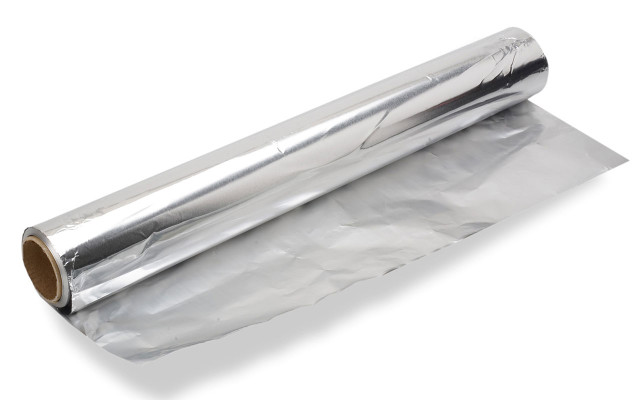


Lots of people use aluminum foil to wrap up food, but it’s a bad idea: aluminum production processes are extremely harmful to the environment, and aluminum presents real individual health risks. It can cause nerve damage and reduce bone density. It is also believed to negatively impact fertility, as well as potentially harm the fetus in the womb. There is also a possible link between aluminum and cancer as well as Alzheimer’s disease.
Aluminum foil becomes a health risk when it comes into contact with acidic, fatty, basic, or salty foods. These react with the metal, causing aluminum ions to be released into the food. Try reusing a screw-top glass jar instead. Investing in a bulk collection of these will make your life a ton simpler. Plus, there’s loads of creative ways to put them to use – such as in DIY holiday gift ideas like a homemade brownie mix or homemade cake in a jar.
Harmful Detergents (Meaning Most of Them)
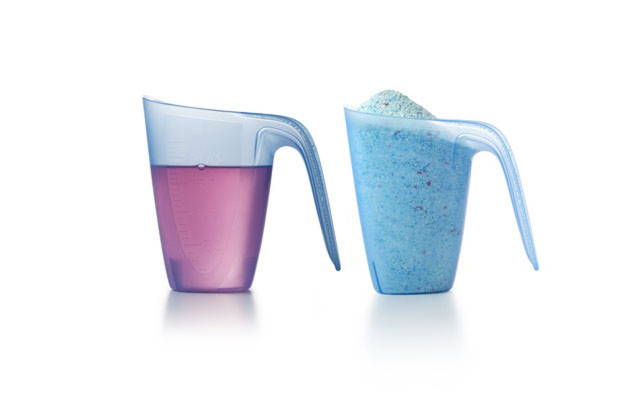


How lovely it is to take gleaming white laundry out of the washer! Yet it’s not so lovely if your detergent of choice contains questionable ingredients. Unfortunately, many common detergents contain pollutants in the form of tensides, stabilizers, sequestrants, optical whiteners, chemical bleaches, and preservatives. Check out, for example, Tide Pods Free & Gentle or All Free & Clear at the Environmental Working Group’s detergent rankings – two products whose names may make you think they have fewer additives than regular detergent. Yet their ingredients cannot be completely filtered out by water treatment facilities, so they enter and accumulate in open waters and the soil. There they poison plants and animals and even threaten our groundwater.
Pick out a new, A-rated organic detergent using the EWG’s list: brands like Attitude, biokleen, Fit, or Seventh Generation.
Cheap Milk
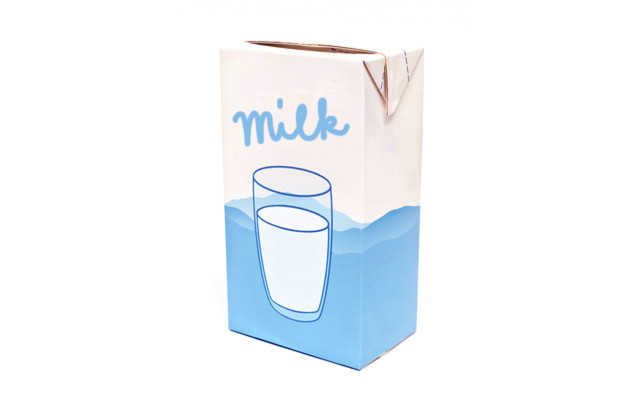


Whether milk is healthy for us is heavily contested. What is not contested, however, is that one should not buy inexpensive, conventionally-produced milk. As milk prices fall lower and lower, farmers cannot produce milk at cost. Unless, of course, they make worse milk: cheaper feed, worse conditions for the animals, less hygiene, more hormones to increase production per cow. If you don’t want to support this race to the bottom, purchase fairly-priced organic milk instead. Here, as always: better to make do with less, but of better quality!
Coffee Pods
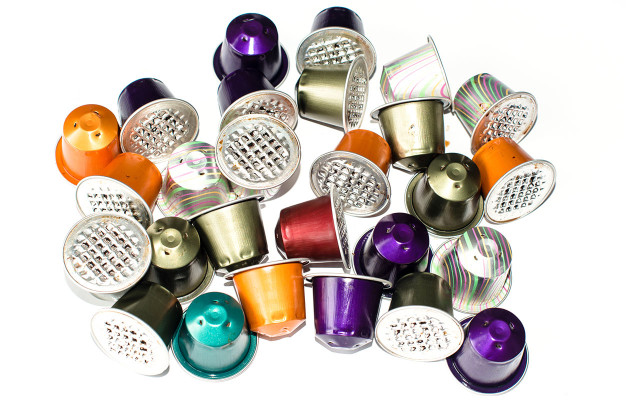


Every cup sends an aluminum capsule to the dump, coffee that’s up to four times more expensive than fair trade brands: Even if it seems convenient, do not buy a pod coffee maker! If you already have one, switch to reusable coffee pods – these allow you to use the coffee of your choice and produce no additional waste. Check out our review of three filters for your Nespresso maker and hear us out: Reusable Nespresso Pods: 4 Reasons to Make the Switch Today.
There’s no need for wasteful aluminum coffee pods in the summer months: cool down and chill out with a Cold Brew Coffee.
Bottled Water
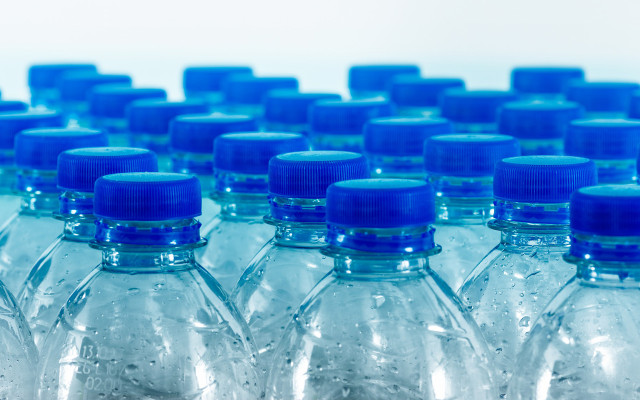


Why are you still buying bottled water? If you’re reading this, you likely have a virtually free source of high-quality drinking water delivered directly to your home: Tap water costs less than a penny per gallon and is unquestionably drinkable almost everywhere in the US. Tap water is tested regularly, and those tests prove that tap water often contains more minerals and fewer contaminants than bottled water. So drink what’s on tap!
Unwanted Advertising
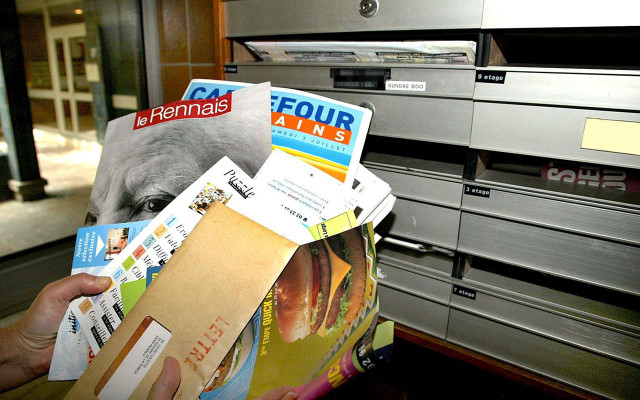


Catalogs and advertisements clog our mailboxes and land in our paper recycling without being opened. Their production requires an unnecessary amount of paper and energy. When something you never read lands in your mailbox, contact the distributor directly to remove your name from mailing lists; explicitly request that your name and address not be sold to other marketers. Ecocycle lists a number of resources for removing yourself from direct mailing lists, as well as reducing mailings from charities and groups you do support.
Read more:
- Becoming Minimalist: 3 Methods for Beginners
- Healthy Grocery List: 6 Unhealthy Foods to Cross Out
- Going vegan: 5 Simple Steps Towards a Vegan Diet
This article was translated from German by Hilary. You can view the original here: 10 Dinge, die aus deinem Haushalt verschwinden sollten.
** Links to retailers marked with ** or underlined orange are partially partner links: If you buy here, you actively support Utopia.org, because we will receive a small part of the sales proceeds. More info.Do you like this post?






